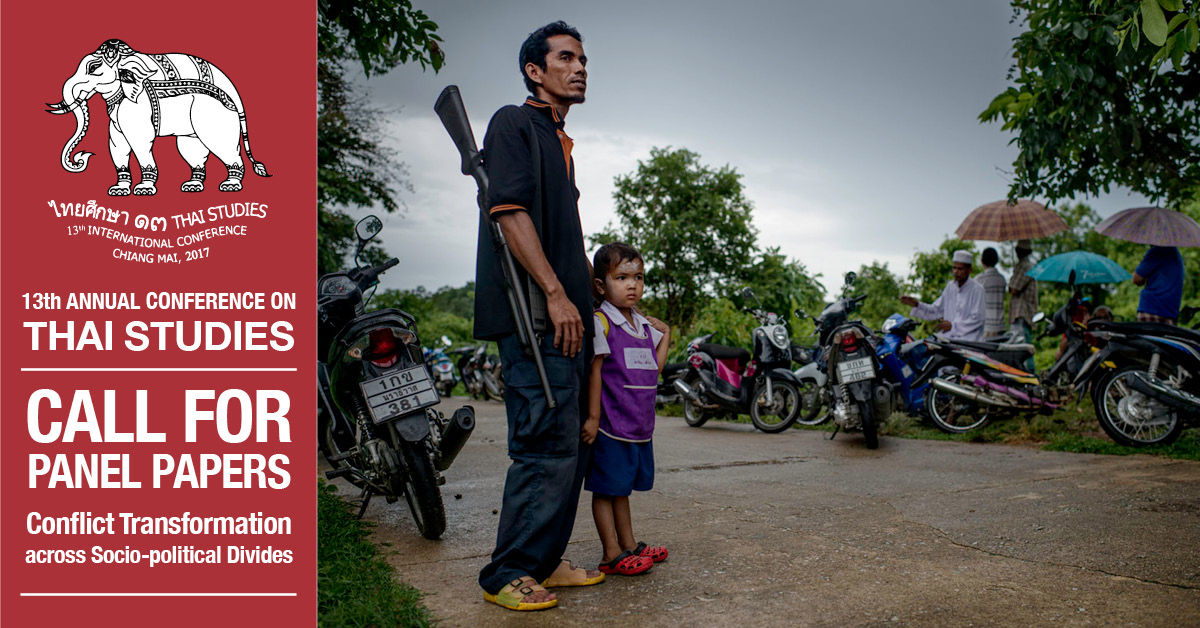
Thailand has been trapped in deeply protracted social conflicts and social divides for more than a decade, both political conflict at the national level and conflict in deep Southern Thailand. Nationwide political conflict and violence due to series of political protests have not only resulted in different episodes of loss of lives, injuries, damages and prosecutions, but it has also led to the situation where the conflict parties use hate speech to create mistrust and polarization in society. Also, the conflict in the Southern Border Provinces has prolonged since 2004 resulting in more than 15,000 violent incidents with more than 6,600 deaths and 18,500 injured people (Srisompob Jitpiromsri, 2016) in which both Buddhists and Muslims have been targeted. Such situations in both cases have generated deep distrust among people from conflicting parties and between people and the state.
Over the decades of violence and conflict, there have been several efforts for peace settlement and reconciliation by the state mechanisms in both cases such as the establishment of National Reconciliation Commission in 2015 as well as ongoing peace talk with BRN and MARA Patani on the conflict in Deep South; the establishment of Truth for Reconciliation Commission of Thailand (2010 –2012) addressing issues on political violence in 2010; and the establishment of National Reform Council’s Committee to Study Approaches on Reconciliation in 2015 to study the approaches for reconciliation on the political conflict since 2006. However, the effectiveness and results toward wider reconciliation and conflict transformation in the society proved to be limited especially the healing scheme which focuses only on financial reparation but fails to address deeper concerns of different conflict parties due to lack of political will.
This panel is organized in order to create a platform for public discussion on how we can constructively transform the conflicts across the social and political divides in Thailand. The concept of conflict transformation and peacebuilding suggests us to address the conflict along the timespan. In other words, we need to heal the ‘past’, address the issues in the ‘present’, and envision for the constructive and common ‘future’ in dealing with the conflicts in the society. Therefore, this panel will focus on three themes on conflict transformation across social divides, namely
The concept of a Grand Social Platform addresses issues at present time and envisioning the future, Social Healing and Transitional Justice is the concept to deal with the present and the living past. The panel will begin with presenting the findings from ongoing research on three above topics under the Research Program on Study of Transformative Change across Socio-Political Divide by researchers from the Institute of Human Rights and Peace Studies, Mahidol University. We also accept papers from 2 scholars or students who are interested in these themes too.
Keywords: conflict transformation, socio-political divide, platform, social healing, transitional justice
Suggested Discussants:
2 external panelists will be accepted to present papers in this panel
Suggested Chair: Dr. Eakpant Pindavanija (IHRP, Mahidol University)
Papers in the panel – Abstract to be submitted by 30 November 2016
Please contact the conveners for submissions or further information:
Convener: Eakpant Pindavanij, eakpant.p@mahidol.ac.th
Ratawit Ouaprachanon , ratawito@gmail.com
Institute of Human Rights and Peace Studies (IHRP), Mahidol University